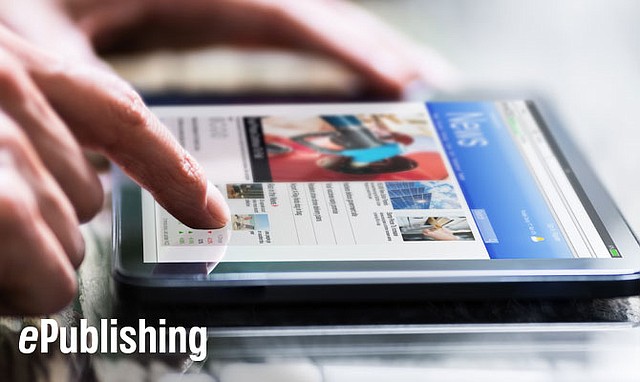BtoB Media Thriving: Acquisitions of Legendary Media Publications Only Tell Part of the Story
Tuesday, August 20, 2013
In today’s publishing world, it’s not unusual to see publications bought and sold—at a steady rate. Look back at the beginning of this month, for instance:
- In what many are calling an end-of-era landmark sale, The Washington Post was bought from the family who owned it for eight decades, for $242 million. Jeff Bezos, founder of Amazon and tech innovator, made the personal purchase with intent to experiment, but not compromise the historical values of The Post. The sale came on the heels of significant challenges for the publication—including a loss of $49.3 million in the first half of 2013.
- Facing similar trends based in the industry-wide decline in advertising, New York Times Co. sold the Boston Globe to Red Sox owner, John Henry, for $70 million---$40 million short of what the company is said to owe in pension liabilities.
- Meanwhile, IBT Media purchased Newsweek for an undisclosed amount. Newsweek went all-digital less than a year ago and IBT has expressed a desire to provide it the opportunity to thrive.
When you see historically revered publications being sold at relatively modest prices, it’s easy to feel the despair that many feel about the fate of the publishing industry---but these acquisitions are only part of the story.
The truth is, BtoB publishing is thriving. BtoB publishing companies are acquired regularly, often for notable sums, OR they are thriving and growing on their own—frequently integrating and interfacing with news media to create a powerhouse of engaging, revenue-generating content.
Think about Bloomberg BNA as a test case. Bloomberg acquired what was formerly The Bureau of National Affairs, Inc.—a news information company for professionals in business and government—two years ago for nearly $1 billion dollars. Now they are the leading source of legal, regulatory and business information, with a network of more than 2,500 reporters, correspondents and practitioners in the field.
Not convinced?
Check out a recent study by ABM, titled: Value of B-to-B. Not only does it reveal the influence of BtoB on the publishing world, it also reveals a significant disconnect that is happening between print and digital trends. A few key highlights:
- 74% of respondents reached by BtoB media and live events are involved in purchasing decisions or supplier selections.
- 87% of those people use industry-related websites to help make those kinds of decisions.
- 74% of respondents used both digital and traditional media to learn best practices and gain relevant information.
- Nearly half of the respondents expected to increase their BtoB ad budgets in the next year.
- Nearly all (95%) of BtoB media users think that websites will remain important to their jobs, or grow in relevance, over the next five years.
- One of the more compelling results of the study showed that BtoB readers continue to rely on print as a source for information, even while there is an overwhelming move by publishers towards digital (1/3 of the respondents expect to cut their print ad budgets over the next year).
What does it all mean for you? Publishing is not dying. It’s changing. Employing a savvy, contemporary publishing strategy, focusing on customers and delivering relevant content in context, whether in print, on the web, mobile, digital or other emerging platform is essential.
Making smart decisions such as leveraging an Enterprise Publishing System to simplify processes while adding products and services to suit your changing audience will not only help you grow -- that sense of despair will also fade away.
